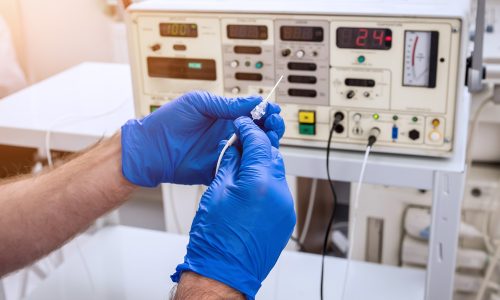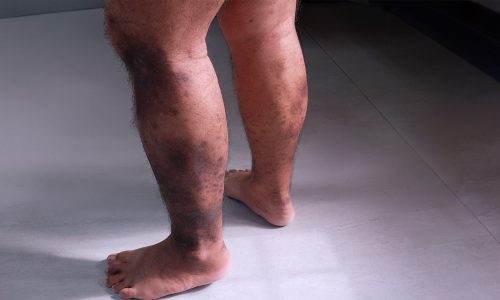Surviving a heart attack isn’t the finish line; it’s just the beginning of a much more complicated journey. A massive new study from the University of Leeds dug through over 145 million hospital records, and what they found should make anyone sit up and pay attention: people who make it through a heart attack end up facing a whole new set of health problems, often more serious than you’d expect.
Sure, medical care these days is fast and effective. Places like heart care centers in Goodyear are saving lives every day. The British Heart Foundation says over 70% of people now survive heart attacks, which is a huge leap compared to decades past. But living through a heart attack doesn’t mean you get to pick up where you left off. The reality is a lot messier.
The research shows heart attack survivors are much more likely to develop other serious health issues compared to people their own age and gender who haven’t had a heart attack. That’s why follow-up care matters so much—regular check-ups, close monitoring, and a solid care team, from the best cardiologists in Goodyear to vascular medicine specialists, can make all the difference.

The numbers are staggering. The study tracked 34 million patients across 229 NHS Trusts in England between 2008 and 2017. Out of all those people, 433,361 had a first-time heart attack. Most were men, with an average age of 67. Over nine years, up to a third of these survivors developed heart or kidney failure. Seven percent had another heart attack. More than 38% died from any cause. That’s not a small risk—it’s a serious, ongoing threat.
When you line up the heart attack group against a control group of two million people who never had a heart attack, the differences jump out. Nearly 30% of survivors developed heart failure in nine years, compared to just under 10% of the control group. That’s three times higher. It really drives home why long-term, structured heart care is essential.
Kidney failure also showed up more often—27.2% of survivors, versus 19.8% in the comparison group. Irregular heartbeat (atrial fibrillation) was more common too: 22.3% versus 16.8%. Even new cases of diabetes ticked up, with 17% of survivors affected compared to 14.3% of others. Stroke, peripheral arterial disease, and serious bleeding also increased.
And it’s not just physical health that takes a hit. Depression risk goes up by 6% after a heart attack. Young women, especially those under 40, had it worst—more than one in five landed in the hospital for depression, which is almost double the rate for men their age. It’s a sharp reminder that heart attack recovery isn’t just about fixing arteries; it takes a whole team, sometimes including psychologists and cardiac specialists, to really help people heal.

One thing that surprised researchers: heart attack survivors didn’t have a higher risk of dementia overall, though vascular dementia was a bit more common. Even more unexpected, cancer rates actually dropped among survivors (13.5% vs. 21.5% in the control group). No one’s sure why, and the researchers admit there’s more to figure out here.
The study also put a spotlight on social inequality. People from poorer backgrounds experienced greater risks. They may die or develop severe health issues like kidney or heart failure after heart attack. These findings point to a real need for better access to care, stronger support systems, and more community-level resources, like what you get from the best cardiologists in Goodyear who focus on education, prevention, and personalized recovery plans.
For more details, refer to the study:
https://journals.plos.org/plosmedicine/article?id=10.1371/journal.pmed.1004343

Dr. Marlous Hall, the study’s lead author, says it best: doctors and patients need to really talk about these risks. When people know what might be ahead, they’re more likely to stick with their meds, make lifestyle changes, and keep up with their follow-ups. That’s the future of cardiac care—personalized, proactive, and built around real conversations, just like what’s happening in forward-thinking heart care centers in Goodyear today.
Experts from the British Heart Foundation and Wellcome, who both backed the study, say we need stronger healthcare systems—no question about it. As more people survive heart attacks, they need ongoing care, not just a quick fix. That means not just cardiologists, but also general doctors, mental health pros, and sometimes someone like a Vascular Medicine Specialist, especially if a patient’s got a higher risk for circulation problems.
Here’s the real takeaway: surviving a heart attack isn’t the finish line. It’s just the start. With solid support, the right team, and regular follow-ups—especially if you’ve got skilled cardiologists in your corner—patients stand a much better shot at managing long-term risks and hanging on to a good quality of life.



